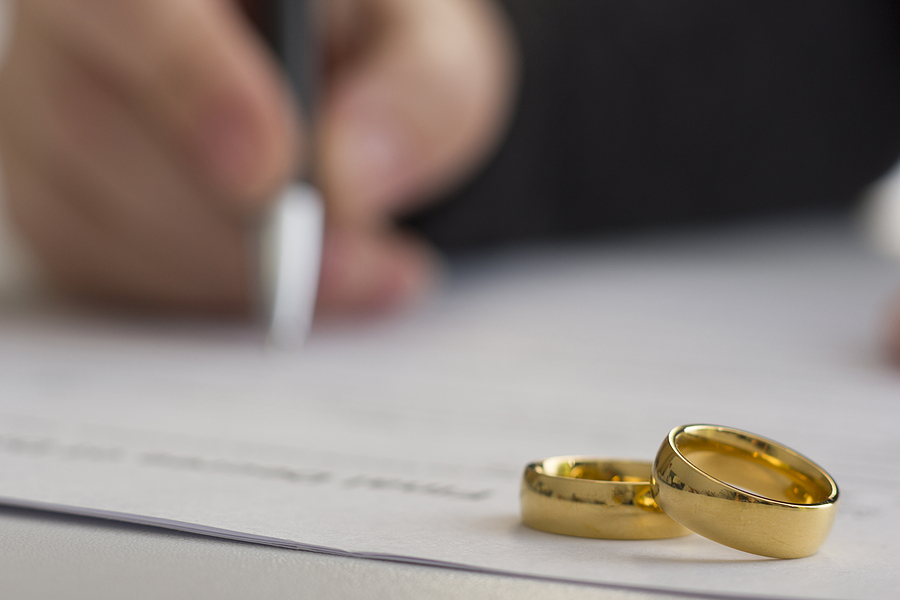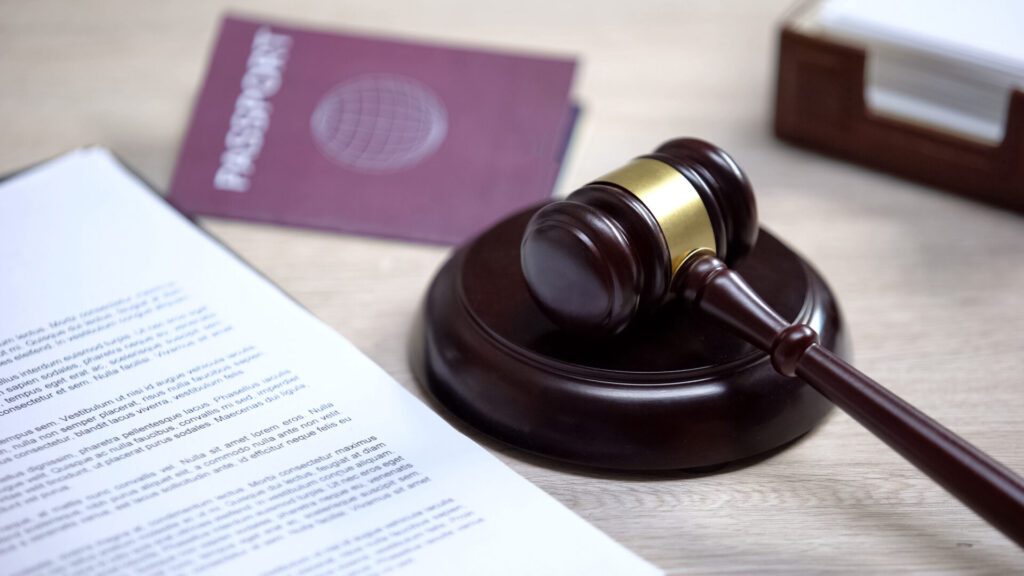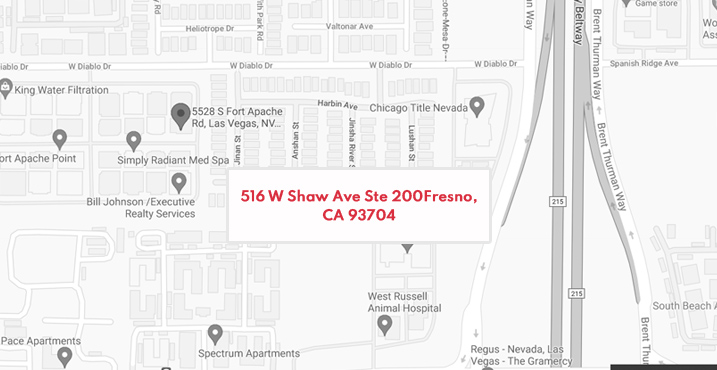What Types of Child Custody Are Recognized in California?
Often, people think that child custody means the actual physical custody of the child, as in which parent the child will live with after a divorce. However, there are actually two types of child custody, with different but equally important focuses.
- Physical custody (also known as parenting time). This is what most people think of as child custody. There are two types of physical child custody.
- Joint custody. This means each parent lives with the child part of the time on a predetermined schedule. The time isn’t necessarily split precisely 50/50, as that’s often impractical. Each couple will determine how the division of time will work, as well as whether the child will move back and forth between the parents’ households or if the parents will take turns staying with the child, who remains in one home.
- Sole custody. This means one parent has the child 100% of the time. California courts prefer to order joint custody whenever feasible because they believe it’s in the child’s best interests to have both parents involved in their life and upbringing. But there are cases where they’ll award physical custody to one parent only, including cases involving child abuse.
- Legal custody. Rather than determining where the child lives, legal custody covers all the crucial decisions that must be made regarding the child’s upbringing: Education, health care, religion (if applicable), travel, extracurricular activities, and summer camps. This has nothing to do with the little daily decisions, such as whether the child is allowed to visit a friend after school. As with physical custody, legal custody can be joint or sole.
What Effect Can Social Media Posts Have on Child Custody Cases in California?
Social media has become an ever-present part of many people’s lives, whether they actively post or just enjoy scrolling through other people’s posts. It can be a simple way to maintain contact with people, share personal news, or celebrate the accomplishments of others.
However, for a parent about to begin divorce and child custody proceedings, social media can inadvertently end up as something else:
Evidence. Today’s family courts may consider what parents post on their social media accounts when evaluating each parent’s fitness and suitability for either type of custody.
Sometimes, parents feel their accounts are safe because they rarely post about their children. However, the difficulty is that the court may not look just at parenting-specific posts. They may look at the types of posts the parent shares or publishes, whether one parent is bad-mouthing the other online, or whether they seem to be argumentative or combative in general while on social media.
What Should I Do About my Social Media Accounts Before Entering Divorce Proceedings?
There are several things you should do if you’re not doing them already.
- Make your accounts private, and delete old posts. One of the unfortunate aspects of the digital age is that nothing is ever fully private, and even if you delete posts, they may be cached somewhere and found by a diligent investigator. But this is a good starting place to keep outsiders away from your account (including your soon-to-be ex). Deleting posts that may be problematic is also a good idea (and if you’re not sure which ones could cause trouble, it’s vital to work with an experienced child custody attorney who can help you identify them).
- Don’t discuss your family or divorce issues online. This means on both your social media pages and on the pages of friends and family. Keep this information offline as much as possible. It’s a good idea to talk to friends and family about it and ask them not to post anything, either. A well-meaning sibling or grandparent may post something that could be used against you in court.
- Don’t post about your child. It’s not surprising that people love to post about their children and the funny/sweet/amazing things they say or do, but over-sharing can be viewed negatively by the court. The court may feel the child’s privacy should be respected, so posting too often or publishing revealing photos may work against you.
- Go through your friends and followers lists. This is an excellent time to pare your followers down to people you know in real life and trust. Also, look closely at the accounts you follow. Again, the key is to remember that it’s not just parenting posts the court may look at. If you follow accounts that advocate for violence or are reliant on conspiracy theories, that could work against you.
- Don’t discuss the divorce or custody proceedings. It can be hard to resist posting updates, especially if you’re frustrated or upset. It’s also tempting to belittle the other parent when the process becomes stalled or combative. But those posts could very quickly be brought up to the court and work against you.
What Should I Do if I Need Help with a Child Custody Case?
Call Bains Law Office as soon as possible at 559-282-8924 to request a no obligation case evaluation. We understand how difficult this is for you. Our team of experienced, knowledgeable family law attorneys can help you understand your options, including how to handle your social media past. We know that being a part of your child’s life going forward is of the utmost importance to you, and we’ll work to achieve the best possible outcomes.









